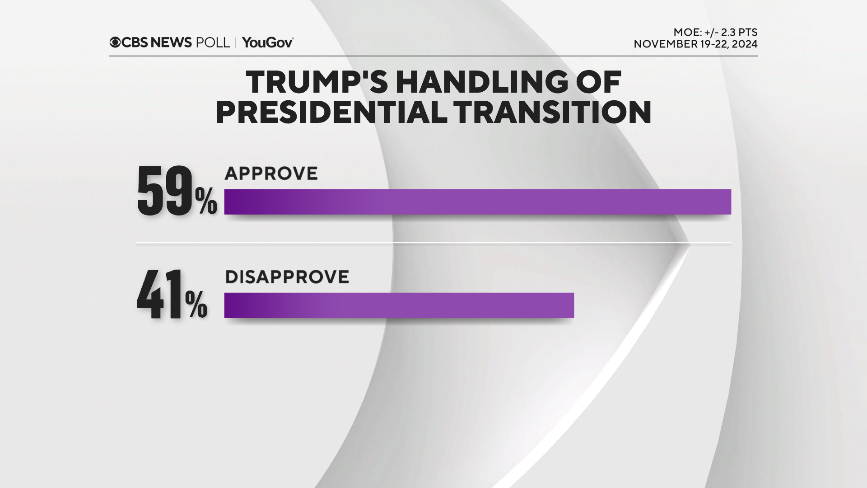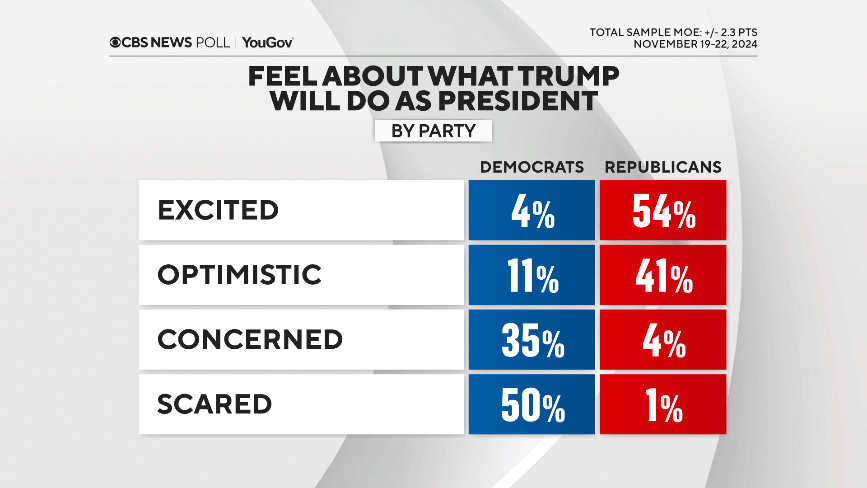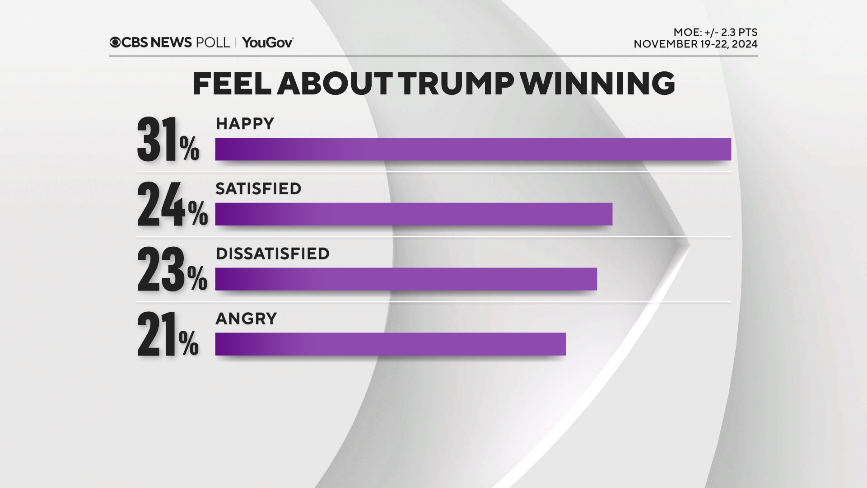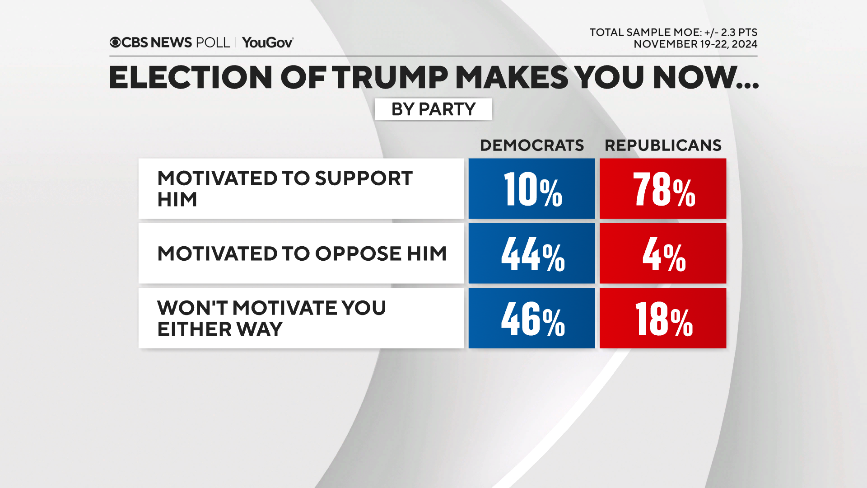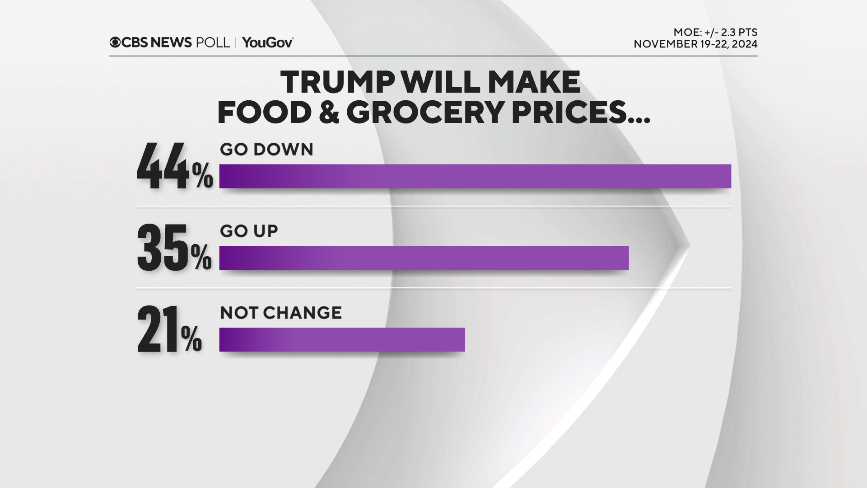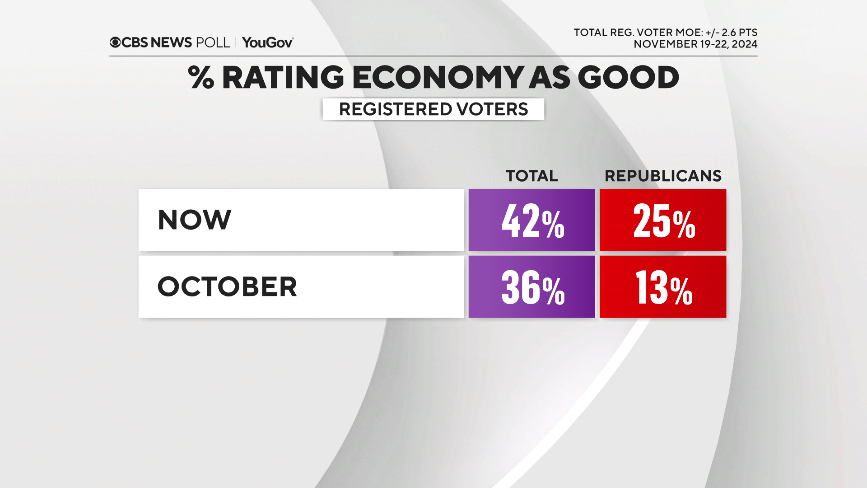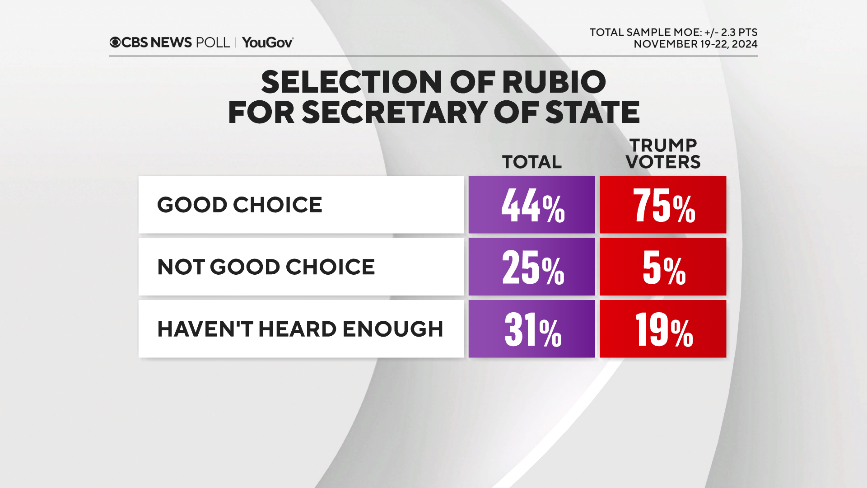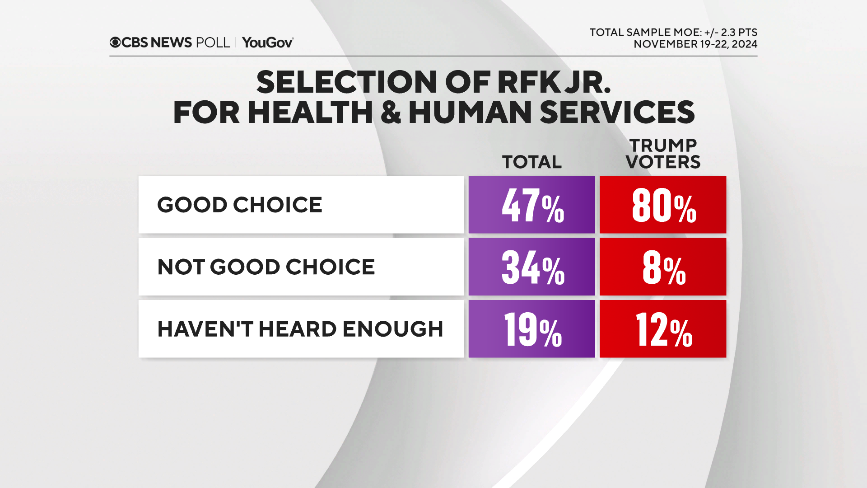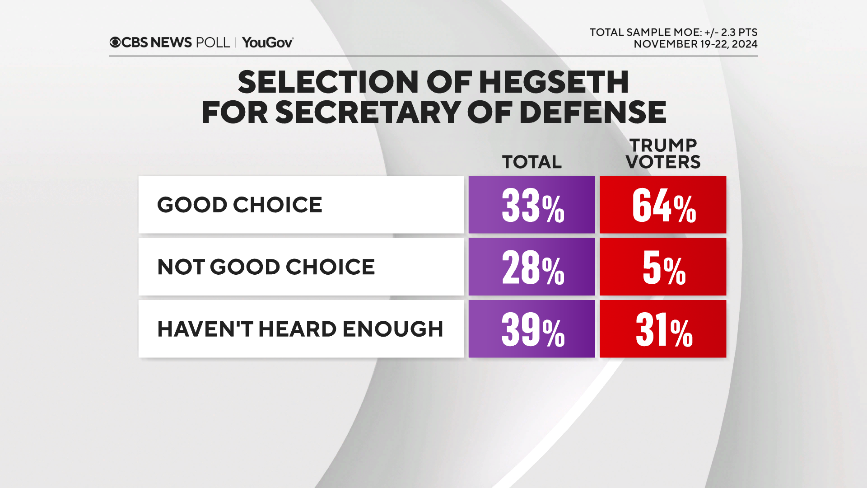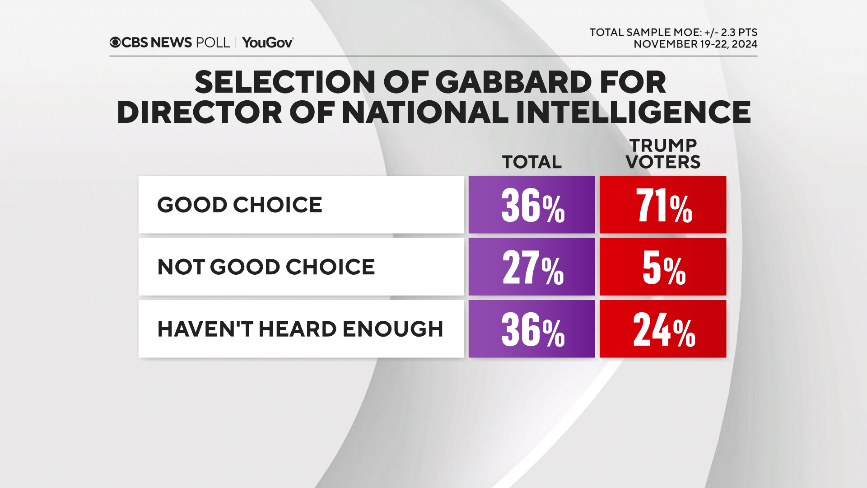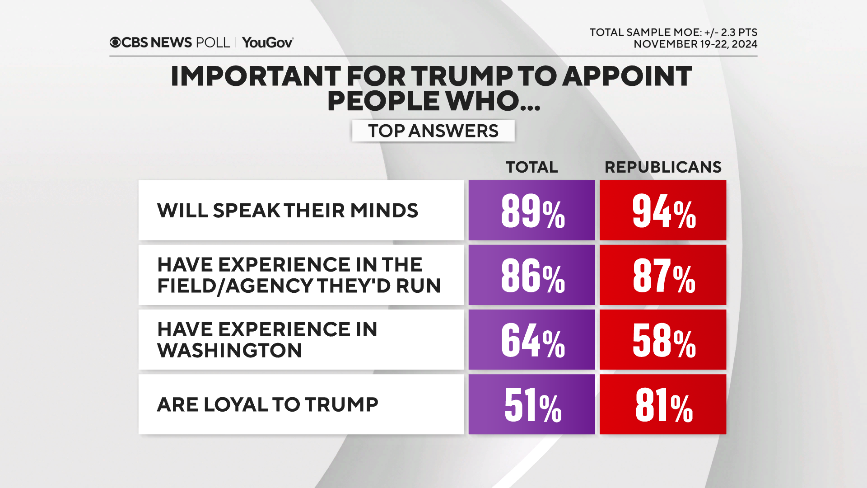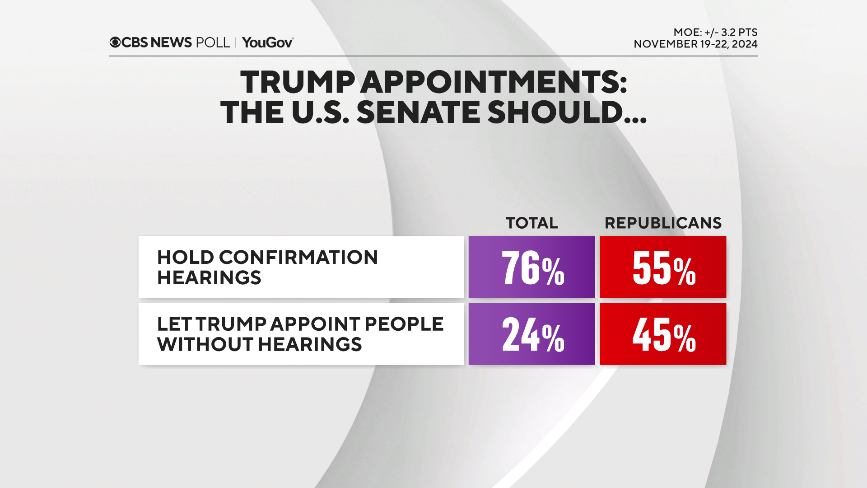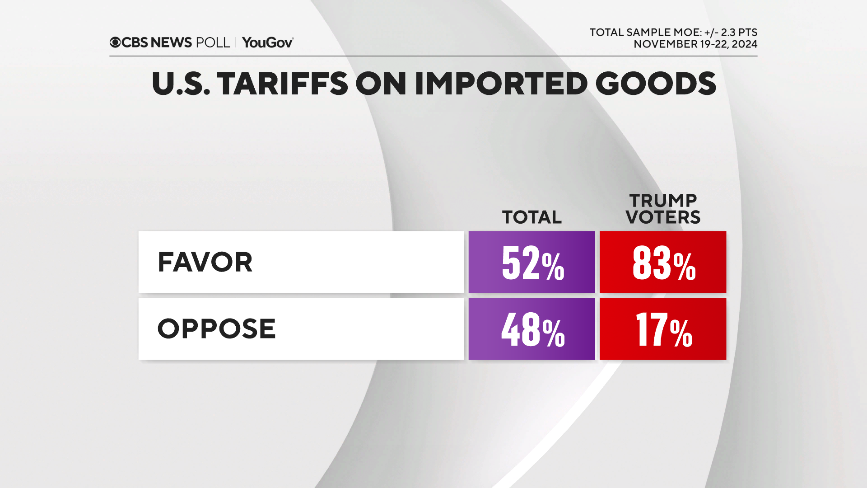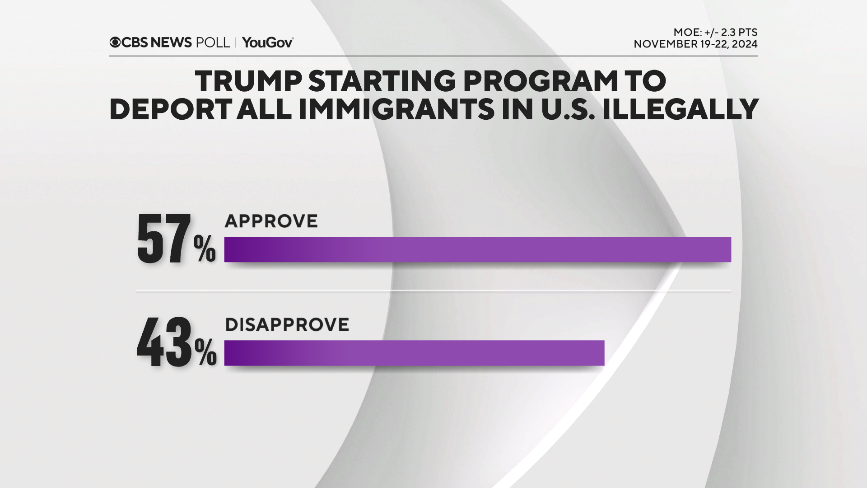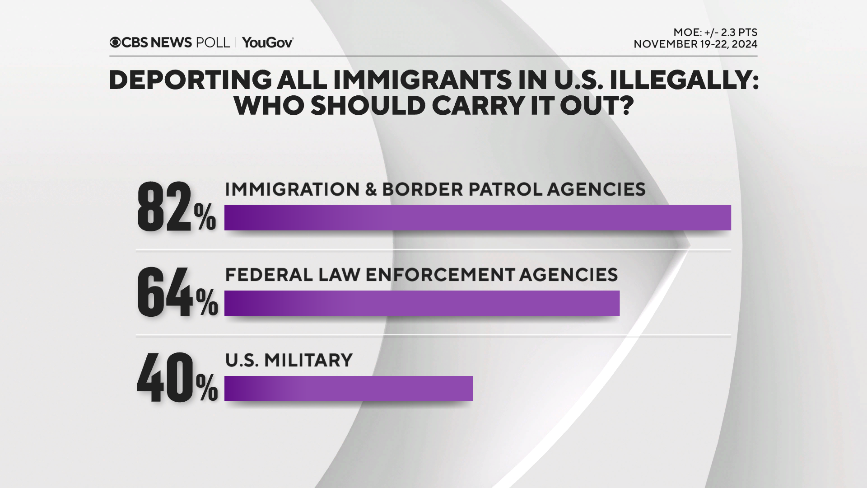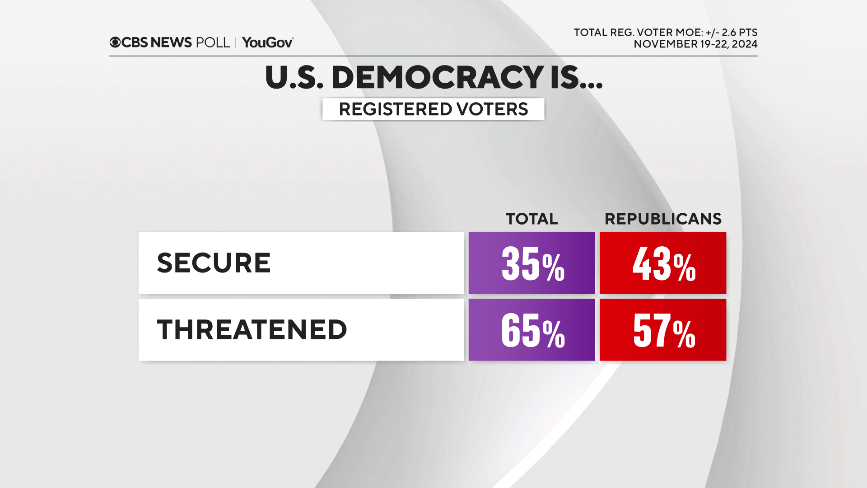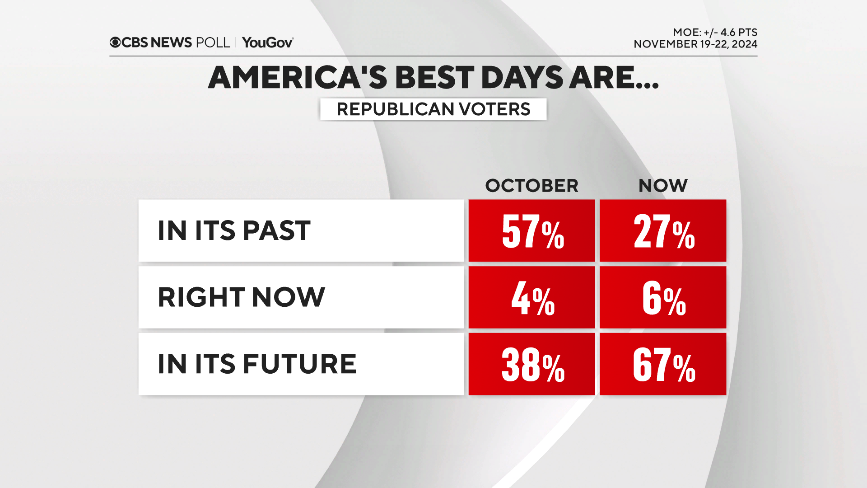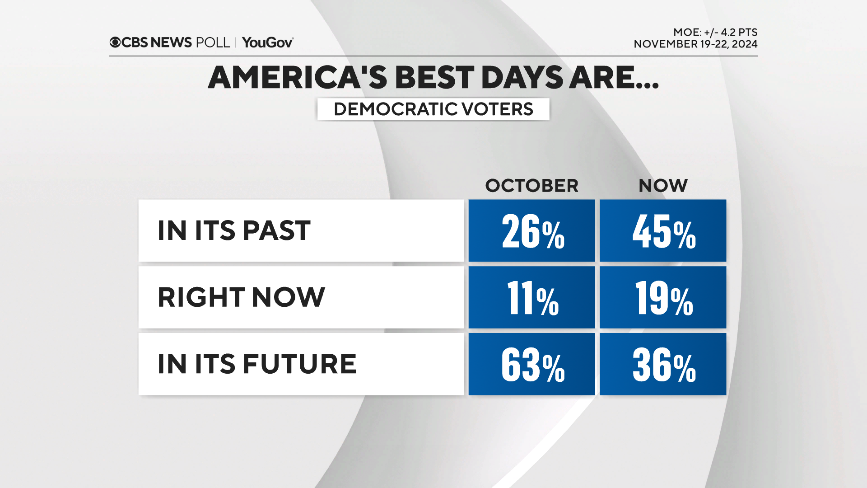CBS News
George Clooney backs Kamala Harris for president

Actor George Clooney, a major Democratic fundraiser, threw his support behind Vice President Kamala Harris on Tuesday as she seeks the Democratic Party’s presidential nomination.
Clooney told CNN in a statement that President Biden’s decision to drop out of the 2024 race showed “true leadership.”
“He’s saving democracy once again,” Clooney said, according to CNN anchor Jake Tapper. “We’re all so excited to do whatever we can to support Vice President Harris in her historic quest.”
Clooney shocked many in the Democratic Party when he wrote an op-ed for The New York Times urging Mr. Biden to exit the presidential race, saying earlier this month that “we are not going to win in November with this president.”
He made the assertion weeks after co-hosting a star-studded Biden campaign fundraiser that included former President Barack Obama, talk show host Jimmy Kimmel and actress Julia Roberts. A record $30 million was raised — the most for a single Democratic fundraiser, the Biden-Harris campaign said at the time.
“It’s devastating to say it, but the Joe Biden I was with three weeks ago at the fund-raiser was not the Joe ‘big F-ing deal’ Biden of 2010,” Clooney wrote in the Times op-ed weeks. “He wasn’t even the Joe Biden of 2020. He was the same man we all witnessed at the debate.”
Mr. Biden has endorsed Harris, who is now the likely Democratic nominee. CBS News estimates she has received the endorsement of a majority of Democratic delegates, which — if the total holds — would make her the party’s nominee after a roll-call vote in early August.
A growing list of celebrities have rallied around Harris as donations to her campaign have mushroomed. She took in over $100 million between the time Mr. Biden announced Sunday he was bowing out of the race and Monday evening.
Musician John Legend said on social media he’s “ready to reject Trump’s authoritarian, oppressive Project 2025 and elect Kamala Harris as our President.” Film director, actor and producer Spike Lee wrote alongside a portrait of the vice president on Instagram: “once again a sista comes to da rescue.”
Christopher Brito, Melissa Quinn, Li Cohen, Aaron Navarro, Nidia Cavazos, Shawna Mizelle and Arden Farhi contributed reporting.
CBS News
Good enough to eat: Noah Verrier’s paintings of comfort food

Watch CBS News
Be the first to know
Get browser notifications for breaking news, live events, and exclusive reporting.
CBS News
A study to personalize nutrition guidance just for you

Watch CBS News
Be the first to know
Get browser notifications for breaking news, live events, and exclusive reporting.
CBS News
CBS News poll finds Trump starts on positive note as most approve of transition handling
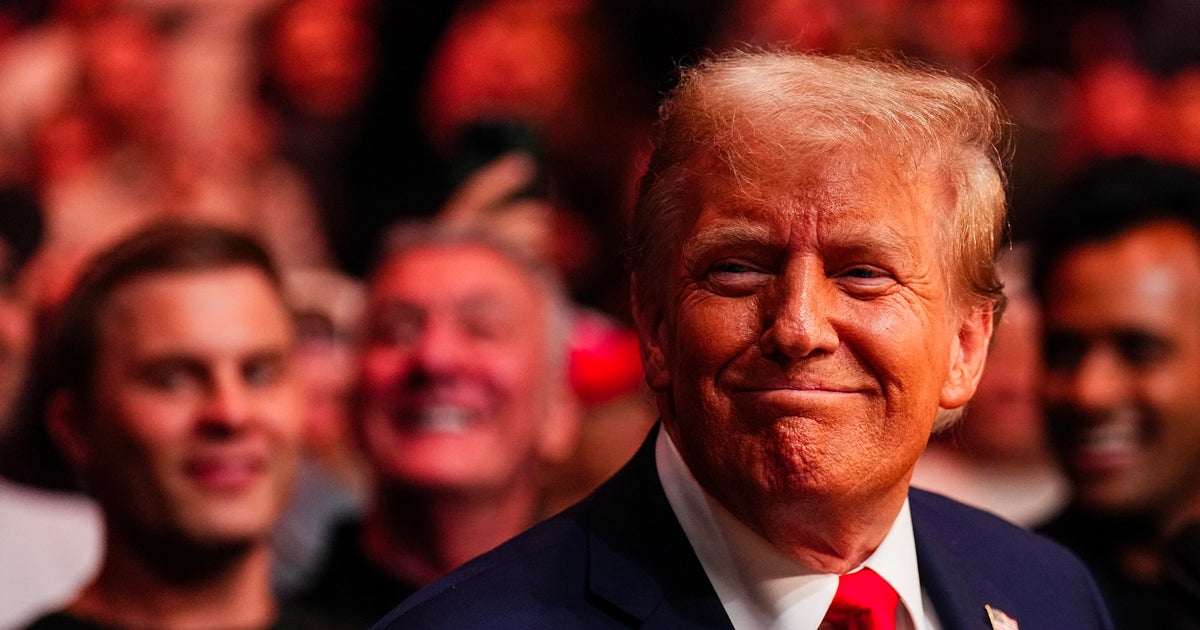
President-elect Donald Trump’s incoming administration starts off with mostly good will from the public: a majority of Americans overall are either happy or at least satisfied that he won and are either excited or optimistic about what he’ll do as president.
Trump’s handling of his presidential transition gets approval from most Americans overall and brings near-universal approval from his voters, along with a net-positive response about his selections for Cabinet posts, in particular, Sen. Marco Rubio, who is Trump’s pick to be secretary of state.
After inflation and the economy so dominated the election, Americans are more inclined to think his administration will bring down prices for food and groceries rather than raise them, and his voters overwhelmingly say that. Going into the election, his backers expected that, too.
In a similar vein, Trump’s election already has some Republicans’ views of the economy improving.
Overall, Republicans today are more excited about what Trump will do as president now than they were in 2016 when he was first elected.
Democrats say they feel more scared about what Trump might do than they did in 2016, and a large majority of Democrats think as president he will threaten their rights and freedoms. But at the same time, there seems to be a sense of exhaustion, as fewer than half of Democrats feel motivated to oppose Trump right now.
Americans, and Democrats specifically, do think the Biden administration should work with the incoming Trump administration to ensure a smooth transition, and that congressional Democrats should work with Donald Trump on issues where they find common ground.
Trump and the economy
After winning comes expectations. There’s a net optimism about the incoming administration’s effect on food and grocery prices, especially among Trump’s voters. That comes as most Americans continue to say prices are currently rising. And inflation was a big factor in Trump winning in the first place.
It may be no surprise then that among many potential items for the incoming administration, Americans say plans to lower prices ought to be the top priority.
The percentage of Republicans who call the U.S. economy good, while still low, has gone up, as the percentage who call it very bad has dropped. That pushes voters’ overall evaluation of the economy slightly higher than it’s been this year — and further spotlights how much partisanship, along with optimism, always plays into these evaluations.
Trump selections of Cabinet and agency chiefs for his administration
Trump’s current selections for agency heads and Cabinet picks get rated overwhelmingly as good choices from Trump’s voters, and are net-positive as selections among Americans who have heard enough about them to say. (Many have not heard enough yet.)
As a general rule, Americans want Trump to appoint people who’ll speak their minds and who have experience in the field or agency they’ll run. But in addition to those qualities, Republicans also want people who’ll be loyal to Trump.
A large majority of Republicans and Trump voters think Elon Musk should have at least some influence in the Trump administration. Americans overall are more split on that, largely along partisan lines.
Big majorities of Americans — and a slight majority of Republicans — would like to see the Senate hold hearings on his nominations, rather than let him make those appointments without it.
(Within self-identified Republicans, MAGA Republicans are relatively more inclined to say the Senate should skip the hearings.)
That sentiment holds whether or not people are told or reminded that the Constitution says the Senate should give advice and consent.
As a general matter, though, most of Trump’s voters and most Republicans do want Trump to have more presidential power this term than he did in his last. That sentiment is higher among Republican voters now than during the campaign.
Trump policies
On another economic front, Trump’s voters overwhelmingly favor the idea of tariffs: most of them don’t believe that will make prices higher. (For the third who believe tariffs will raise prices but support them anyhow, this is presumably a cost they’re willing to bear.)
For the public overall, opposition to tariffs goes hand in hand with the belief they’ll lead to higher prices.
As was the case with voters throughout the campaign, most Americans would, in principle, approve of a new mass deportation program.
If the Trump administration does start a mass deportation program, most of the public would have it carried out by law enforcement or current immigration agencies — most would not have the U.S. military do it.
Elections and democracy
The 2024 results have shifted Republicans’ views of U.S. democracy and also returned some confidence to their view of U.S. elections. Few Republicans suspect fraud in 2024. They overwhelmingly did about 2020.
Following Trump’s victory, there’s been an increase in the number of Republicans who say democracy and rule of law is secure, though most Americans continue to say it is not.
Looking ahead, there’s another shift along partisan lines. Throughout the campaign, Republicans said America’s best days were in its past, while Democrats felt they were in the future. These views are reversed now. After Trump’s win, most Republicans feel America’s best days are in its future.
This CBS News/YouGov survey was conducted with a nationally representative sample of 2,232 U.S. adults interviewed between November 19-22, 2024. The sample was weighted to be representative of adults nationwide according to gender, age, race, and education, based on the U.S. Census American Community Survey and Current Population Survey, as well as 2024 presidential vote. The margin of error is ±2.3 points.








